Introduction: The Digital Travel Ecosystem of Chinese Tourists
In the rapidly evolving world of digital travel, Chinese tourists stand out with a unique approach that's dramatically different from Western travelers. As of 2025, the Chinese digital travel landscape is a sophisticated ecosystem of super-apps and specialized platforms that guide every step of a traveler's journey.
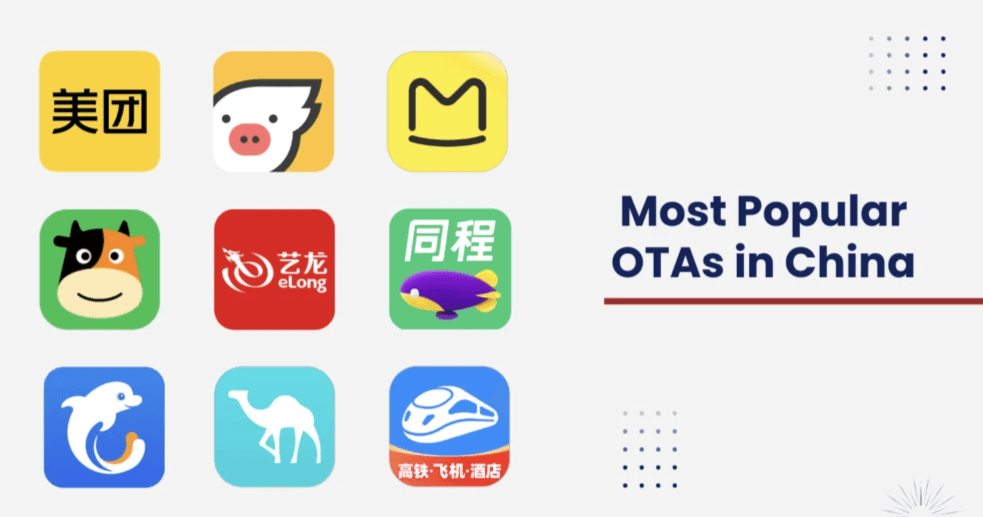
Why Understanding Chinese Travel Apps Matters
- Digital-First Travelers: Over 95% of Chinese tourists use mobile apps for travel planning
- Mobile Booking Dominance: Nearly 87% of travel bookings are completed through mobile platforms
- Social Commerce Impact: Recommendation-driven purchases are at an all-time high
Top 10 Chinese Travel Apps Transforming Tourism Marketing
1. Ctrip (携程) - The Travel Booking Giant
- Market Position: Largest online travel agency in China
- Key Features:
- Comprehensive booking platform for flights, hotels, and tours
- Integrated travel insurance
- Multi-language support for international destinations
- Monthly Active Users: Over 350 million
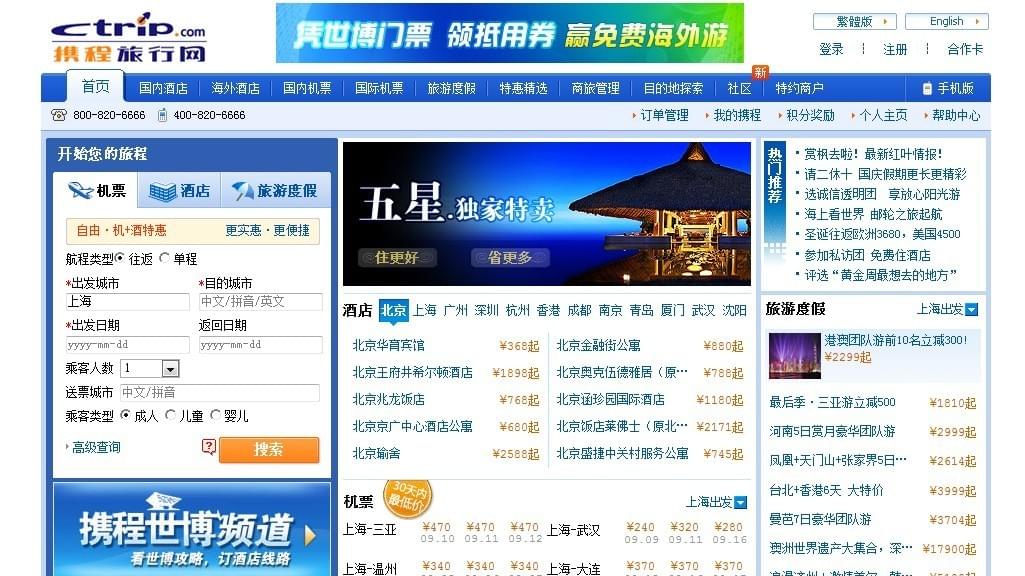
2. Qunar (去哪儿) - Budget Travel Specialist
- Unique Selling Point: Price comparison and budget travel options
- Features:
- Extensive flight and hotel discount tracking
- User reviews and travel community insights
- Traveler Demographic: Budget-conscious millennials and Gen Z
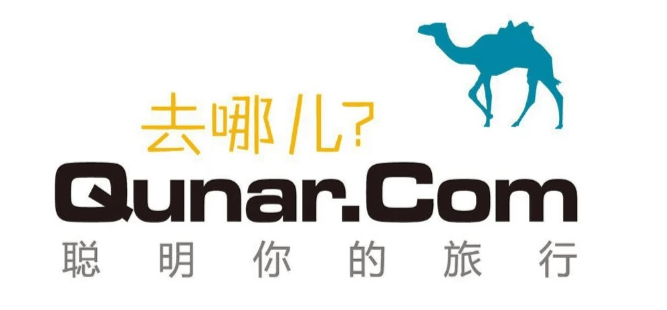
3. WeChat (微信) - The Super-App Ecosystem
- More Than a Messaging App:
- Travel mini-programs for bookings
- Digital payment integration
- Social sharing and travel recommendation features
- Global Reach: Over 1.2 billion monthly active users
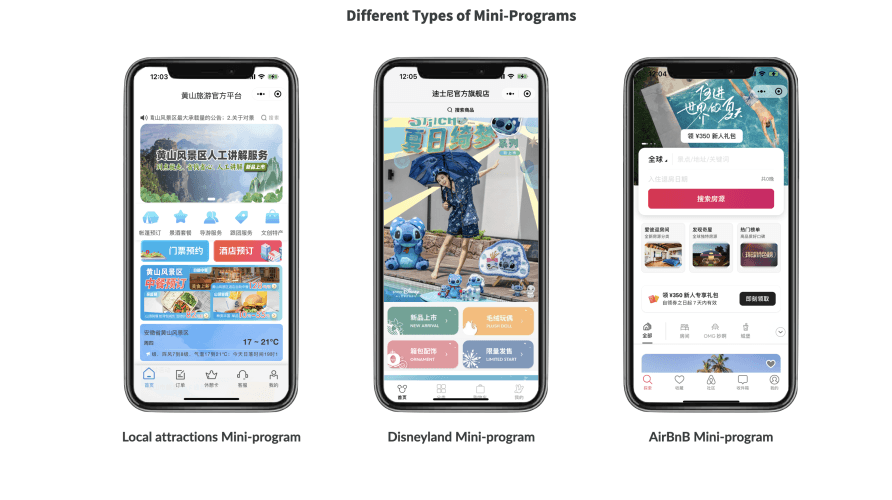
4. Xiaohongshu (小红书) - Social Commerce Platform
- Travel Marketing Powerhouse:
- User-generated travel content
- Influencer recommendations
- Visual-first travel inspiration
- Key Strength: Authentic traveler experiences and recommendations

5. Mafengwo (马蜂窝) - Travel Community Platform
- Community-Driven Travel:
- User-generated travel guides
- Destination reviews
- Trip planning tools
- Unique Feature: Crowd-sourced travel insights and itineraries

6. Fliggy (飞猪) - Alibaba's Travel Platform
- E-commerce Integrated Travel:
- Seamless Alipay integration
- Group buying and flash sales
- International destination focus
- Strength: Massive Alibaba ecosystem support

7. Trip.com - International Travel Specialist
- Global Travel Solutions:
- Multi-language platform
- Extensive international hotel and flight inventory
- 24/7 customer support
- Global Expansion: Strong presence in over 200 countries
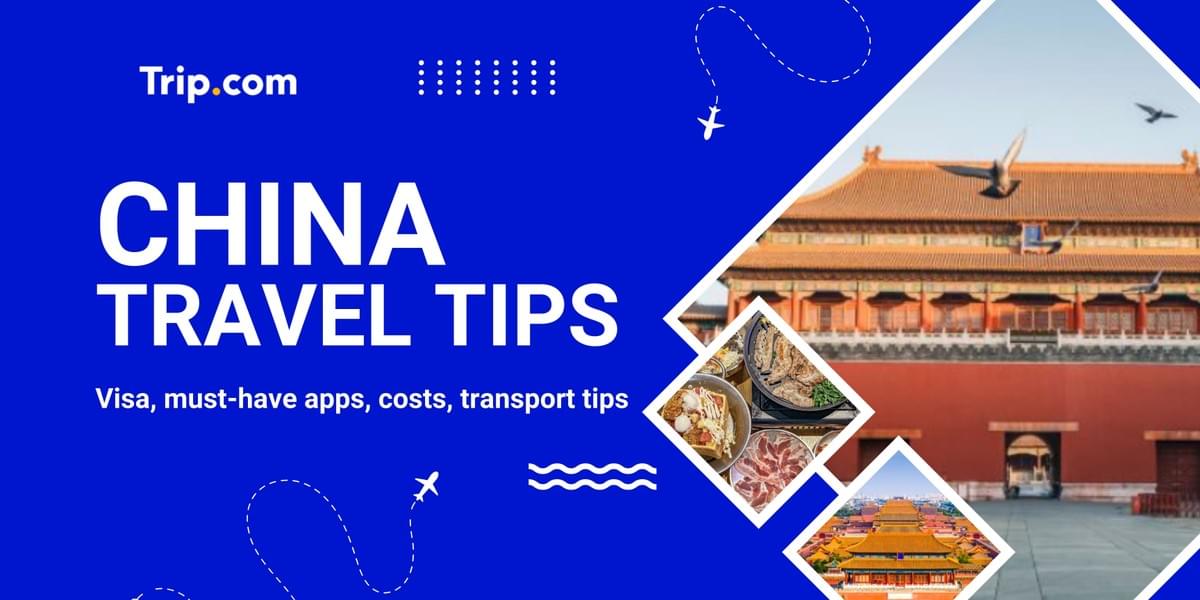
8. Douyin (抖音) - Short-Video Travel Inspiration
- Visual Travel Marketing:
- Short-form travel content
- Destination marketing
- Influencer travel recommendations
- Emerging Trend: Video-driven travel inspiration

9. Baidu Travel (百度旅游) - Search-Driven Travel
- Comprehensive Travel Search:
- Destination information
- Travel trend analysis
- Integrated booking options
- Unique Offering: AI-powered travel recommendations

10. Tuniu (途牛) - Package Tour Specialist
- Comprehensive Tour Packages:
- Group and individual tour packages
- Domestic and international destinations
- Competitive pricing
- Target Market: Family and group travelers

Key Takeaways for Tourism Marketers
- Mobile-First Approach: Optimize for mobile experiences
- Social Proof is Critical: Encourage user-generated content
- Multi-Platform Strategy: Don't rely on a single platform
- Visual Content Dominates: Invest in high-quality, shareable visuals
Conclusion: Navigating the Chinese Digital Travel Landscape
Understanding these platforms is more than a marketing strategy—it's about connecting with Chinese travelers on their terms. The future of tourism marketing lies in embracing these digital ecosystems, creating authentic, shareable experiences that resonate with Chinese tourists.